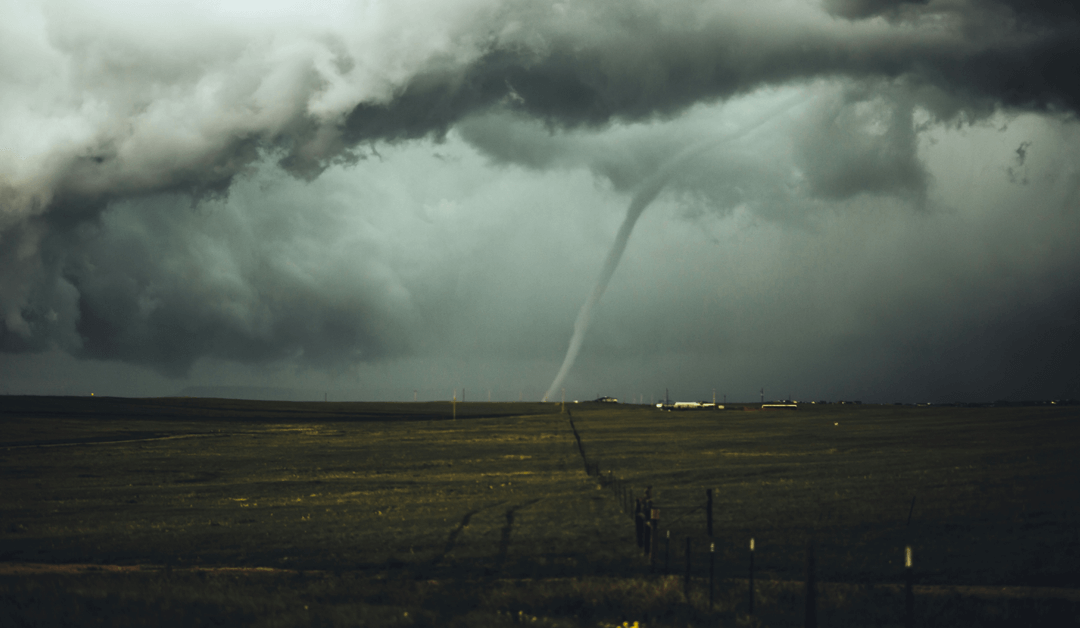As the third part of this article series on trauma, I want to focus on the traumatic effect of natural disasters, especially as many parts of the United States are bracing for a particularly brutal hurricane season. Storms such as Beryl and Debby have already caused mass havoc and chaos in Texas and Florida. While it is easy to see the physical damage of these disasters, such as hurricanes, earthquakes, tsunamis, and more, ranging from flooded highways to crumpled buildings to mass power outages, the psychological and emotional impacts are often less evident.
Though more overlooked, the mental effects of natural disasters are just as important as the physical ones, especially when a person is already in a vulnerable situation. While property damage can usually be fixed relatively quickly, the damage done to a person’s mental health could take a lifetime to heal. Because natural disasters usually affect large numbers of people, PTSD and other mental health disorders can become widespread, just like an outbreak of the flu.
Impacts of Natural Disasters on Mental Health
Because many natural disasters can cause the loss of a home or even loved ones, it is no surprise that many survivors of natural disasters may suffer from depression or anxiety following the event. Having to live in a temporary shelter or someone else’s home can be a huge source of stress and can create a lack of grounding, a loss of self, and feelings of helplessness. It’s not uncommon for those who have experienced natural disasters to feel overwhelmed or numb, have trouble sleeping, feel triggered by different environmental factors, or experience physical manifestations of stress, such as headaches, on a short- or long-term scale.
A common impact of natural disasters on a survivor’s mental health is the development of PTSD. Following the devastation of Hurricane Katrina, which wreaked havoc in Louisiana, Mississippi, and Alabama in 2005, PTSD rates in affected areas increased from 15% to 21%. Researchers have found that the prevalence of PTSD among victims of natural disasters ranges between 30-40% and 10-20% for rescue workers.
PTSD due to experiencing a natural disaster can look like the effects mentioned above, as well as depression, anxiety, trouble sleeping, flashbacks, survivor’s guilt, and more. Oftentimes, those traumatized by a natural disaster will first experience shock before experiencing symptoms of PTSD, making the apparent onset of the disorder delayed. Furthermore, the amount of time someone is affected by PTSD can continue long after the physical effects of a natural disaster are resolved. In fact, 33% of low-income mothers in New Orleans were still suffering from disaster-related PTSD four years after Hurricane Katrina.
Who is Affected Most by Natural Disasters?
Additionally, the effects of a natural disaster tend to be worse for women, those living in poverty, people of color, and those with a history of mental illness. Divisions between racial and religious groups also tend to increase to an extent following a natural disaster, making it difficult for people, especially those who are high-risk, to seek help and get access to the resources they need. When people are unable to access the help they need, their mental health situation can worsen over both the short- and long-term. Additionally, those who do not have a support network of friends or family may find themselves feeling more alone and lost, which can cause a barrier to receiving help, both mentally and physically.
In the days preceding a natural disaster, being physically prepared can help to soften the blow of mental distress. Keep up with local news channels and government advisories to stay informed before and during a natural disaster. If you can, buy supplies that will last you for some time, such as non-perishable food and generators, and be familiar with evacuation routes if necessary. While these may not completely protect you from mental distress, they can help you stay more confident and less anxious during and after a disaster.
How to Cope with PTSD Following a Natural Disaster
Though PTSD is not something that can be quickly prevented or cured away, you can still take steps to help cope with surviving a natural disaster. Firstly, it is incredibly important to acknowledge your emotions and distress and accept that they are perfectly acceptable reactions to high-stress incidents like natural disasters. In times of uncertainty, when you find it hard to stay grounded, it can help to establish a routine, whether this looks like taking a walk after dinner every night or even just making your bed every morning. Additionally, don’t be afraid to reach out and ask for help from friends or family, or even consider joining a local support group.
Most importantly, if you think you may be suffering from PTSD or any other mental or emotional challenges that are impacting your daily life, seek professional help. Negative effects on your mental health can worsen drastically without seeking help, so never hesitate to consider professional treatment. For immediate help, call or text 988 for the Suicide and Crisis Hotline. To find treatment options near you, go to findtreatment.gov for assistance.
Photo by Nikolas Noonan.

